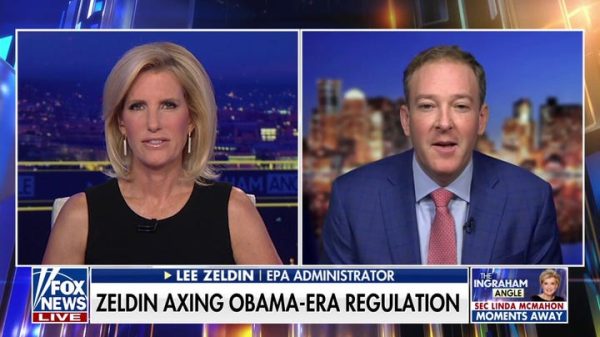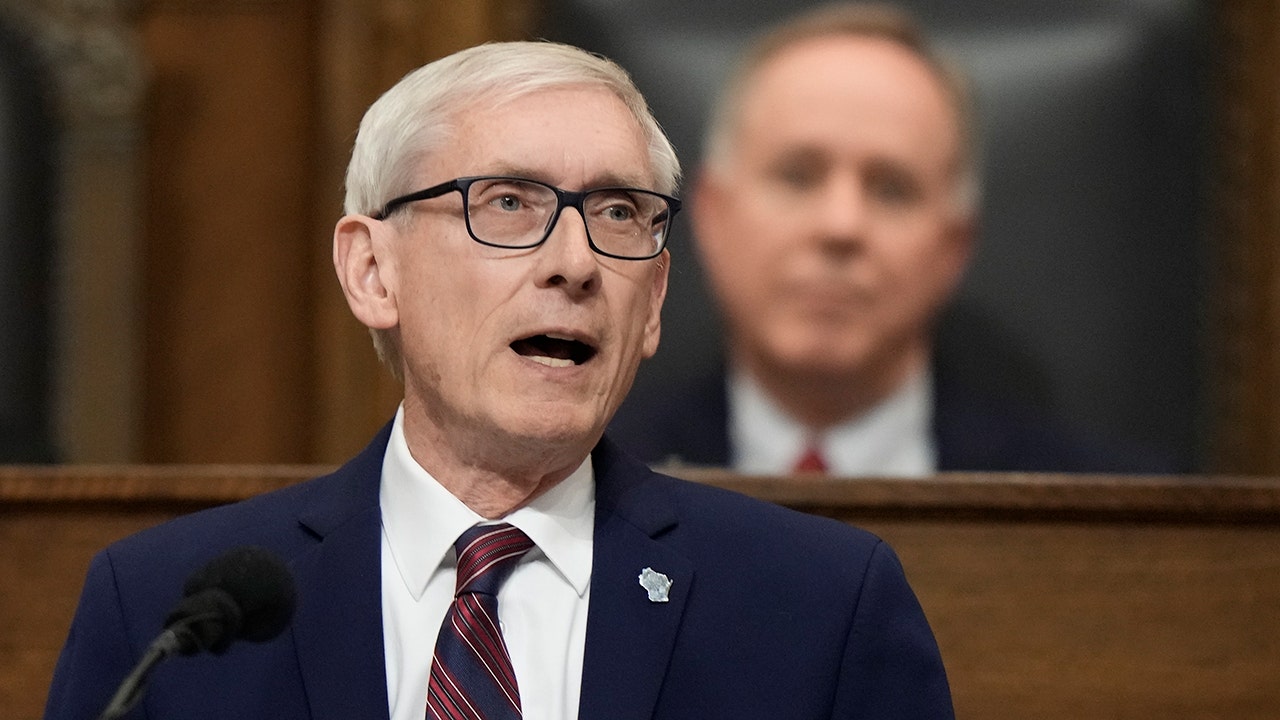A two-year spending plan that would cut income taxes, increase funding for K-12 schools and cut the University of Wisconsin’s budget in a fight over diversity, equity and inclusion programming is up for final legislative approval on Thursday.
Once the Republican-controlled Assembly passes the plan, it will head to Democratic Gov. Tony Evers, who could make changes with his partial veto or even wipe out the entire budget, though that would be unlikely as it would require lawmakers to start over and scrap aspects that Evers helped craft.
Evers hasn’t said what he will do and Republicans tried to write the budget in such a way that it would be difficult for him to make substantial changes even with his line-item veto power.
Evers previously threatened to veto the entire budget over the University of Wisconsin’s $32 million cut, funding that Republicans identified as going toward diversity, equity, or DEI, programming and staff. But the budget would allow for the university to get the funding later if it could show it would go toward workforce development and not DEI.
Republicans also refused to fund UW’s top building project priority, a new engineering facility on the Madison campus. The university, backed by the state’s business leaders, urged lawmakers to reconsider, saying the new building would get at the heart of Republicans’ goal of workforce development because it would allow for more students to graduate with engineering degrees.
The cut to UW stands out in a $99 billion budget where funding was increased or at least held steady across state government. Public K-12 schools, for example, would see a $1 billion funding increase under a deal Republicans reached with Evers that would also bolster funding for local governments by $1 billion.
Democrats also object to a $3.5 billion income tax cut that would benefit wealthy filers more than lower income earners. The tax cut shrinks Wisconsin’s brackets from four to three, moving it closer to the flat income tax rate in neighboring Illinois.
Evers had proposed an income tax cut more targeted to lower- and middle-income earners.
Democrats argue that Republicans are squandering a projected record-high $7 billion budget surplus, fueled largely by federal pandemic aid. Republicans defend their cuts to a child care program and a state office of school safety, saying the don’t want to commit too much of the surplus to areas that require ongoing spending.
The budget covers the two-year period that begins Saturday and runs through June 30, 2025. Current spending levels will continue until Evers signs a new budget.
<!–>























